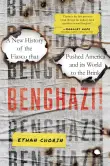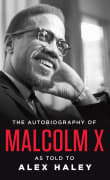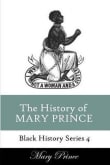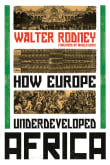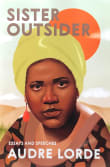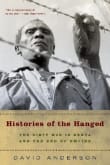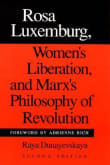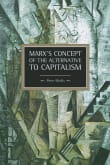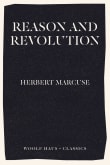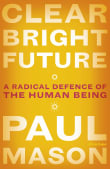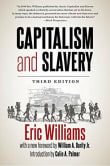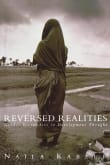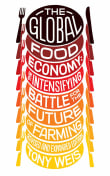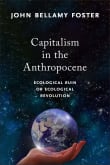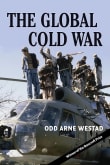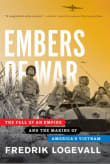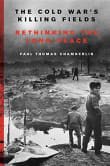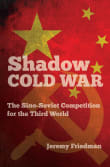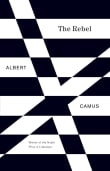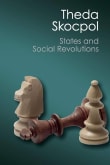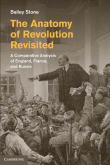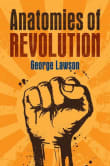The Wretched of the Earth
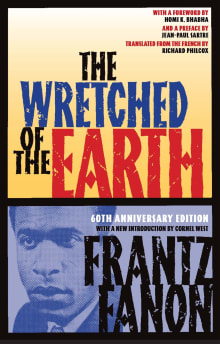
Book description
First published in 1961, Frantz Fanon’s The Wretched of the Earth is a masterful and timeless interrogation of race, colonialism, psychological trauma, and revolutionary struggle. In 2020, it found a new readership in the wake of the Black Lives Matter protests and the centering of narratives interrogating race by Black…
Why read it?
7 authors picked The Wretched of the Earth as one of their favorite books. Why do they recommend it?

Fanon’s analysis of how Black people in colonized Africa and in the United States were one oppressed people was part of my political education. This book was formative to my politics, which are rooted in Fanon’s combination of Marxism and resistance to racial oppression.
Reading Fanon allowed me to accept my culture and who I was as a Black person. I started reflecting on assimilation and how we changed our hair and skin to look more acceptable to white people. He was also my friend Nate’s favorite author.
After Nate got out of prison, he became an attorney and director…
From Dorsey's list on the strength it takes to be Black in America.

This book is a classic of the anti-colonial struggles of the middle of the twentieth century and was important for many of the revolutionaries of that time. It is written with passion and verve and carried me along on the revolutionary adventure.
It reflects a burning commitment to socialist revolutionary change, which stands in stark contrast to much contemporary politics and roots this in an argument about the psychological implications of imperialism. A stimulating discussion, and one which still generates much argument and dispute.
From Graeme's list on understand why, as Mao said, “revolution is not a dinner party”.

This is considered a classic text by well-known writer Frantz Fanon. I reread it after many years and still found it thought-provoking. It analyzes the effects of European colonialism in Africa.
Fanon is known for grappling with both the social and psychological dimensions of colonialism and also focuses on the problems with emerging nationalist movements in societies that were fighting for decolonization.
The work is based on Fanon’s experience working as a psychiatrist in Algeria in the early twentieth century. It compels us to think about the struggles of subordinated social groups.
If you love The Wretched of the Earth...

How better to understand the motivations of decolonizing peoples than to go to one of the most influential sources of anticolonial philosophy?
Frantz Fanon’s Marxist critiques of nationalism and imperialism, his psychoanalytic discussion of the dehumanizing effects of colonization on individuals and societies, and his framing of decolonization as an inherently violent process all pull the reader into the perspective of a liberation seeker, forcing them to question narratives of anticolonial violence that have emerged from Western archives.
Fanon’s writing is essential reading for today’s students of decolonization.
From Jessica's list on the Cold War in the Third World.

This book was published in 1961 by Frantz Fanon as he was participating in, and attempting to influence to course of, the Algerian revolution against French colonialism.
It is a must-read for anyone interested in development for several reasons. It highlights the barbarity of settler colonialism – in opposition to apologetic accounts that celebrate it as part of a civilizing mission.
It shows how racism was (and still is) a way to order the world – between more and less valued populations.
It provides an incredibly prescient analysis of the emergent post-colonial elites, and how while they talked the language…
From Benjamin's list on the world on international development.

This book develops the revolutionary African socialist humanism of Frantz Fanon, who was influenced by Hegel, Sartre, the Negritude School, and above all, Marx. Published in 1961, the year so many new nations were being born in Africa, Fanon’s book did not dismiss tout court the European humanist tradition. He said that the Europeans had not practiced it – whether under Nazism or in the colonies – but predicted that the emerging Third World would be able to do so: “This new humanity cannot do otherwise than define a new humanism both for itself and for others.” This was, to…
From Kevin's list on philosophy and social theory.
If you love Frantz Fanon...

Surely the anticolonial text that stands above all others... This visceral, angry, fascinating text was written in the final months of Fanon’s life, when he was fully engaged as a militant striving for the independence of Algeria. Drawing on his expertise as a psychoanalyst, and upon his deep hatred of the racism he had experienced as a Martinican student in France, this book uncompromisingly exposes the evils of colonialism and its employment of racist techniques of rule.
Fanon’s frank willingness to embrace violence in the struggle for independence ensures that the book remains both vitally stimulating and perpetually controversial.
From Paddy's list on colonial wrongdoing.
If you love The Wretched of the Earth...
Want books like The Wretched of the Earth?
Our community of 12,000+ authors has personally recommended 100 books like The Wretched of the Earth.

